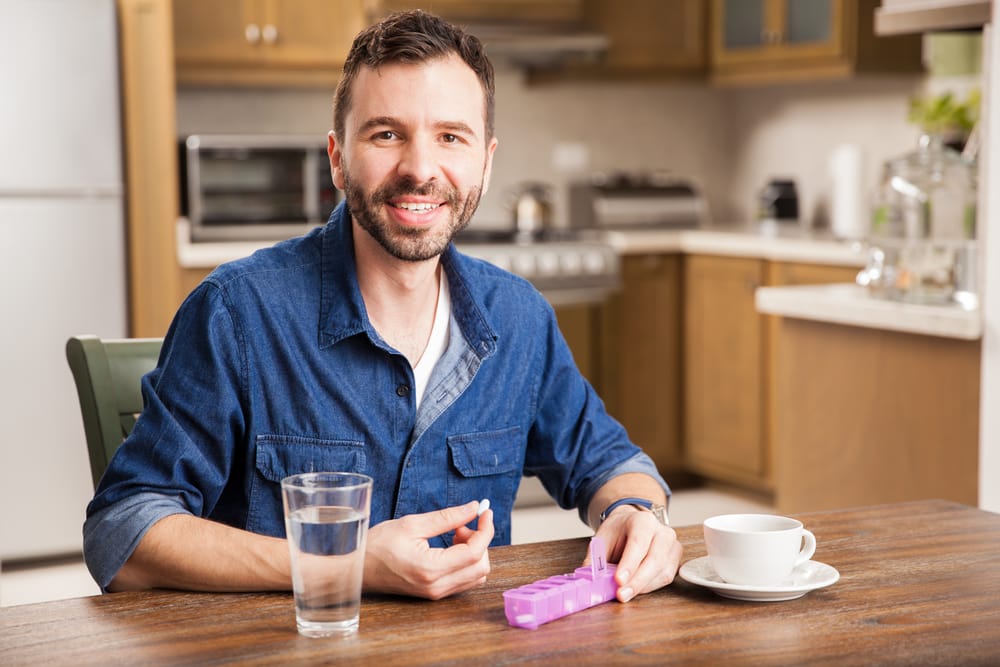Addiction Treatment
Suboxone for Opiate Addiction Treatment

Written By:

Table of Contents
In the US, the drug Suboxone is prescribed to help with opiate addiction by preventing withdrawal symptoms. It’s used to help both acute opiate withdrawal (the initial, most intense withdrawal period) as well as long-term withdrawal.
Why Does Opiate Withdrawal Happen?
Opiate drugs—heroin, morphine, codeine, OxyCodone, and so on—are highly addictive, sometimes after just one use. Very quickly, the central nervous system adapts to the presence of opiates and becomes dependent upon it just to function normally. To accommodate the depressant effects of the opiates, the body learns to “speed up.” When you cut off or cut down on opiate intake after using opiate drugs for several weeks or more, the speeding continues, and the user experiences a range of intense flu-like withdrawal symptoms.
How Does Suboxone Help?
You know the relief you get from clenching your knee in your palms after you bang it on something? You’re not actually lessening the pain, but you’re distracting yourself from by applying pressure. Suboxone works similarly, but in the brain. It engages opioid receptors, which “tricks” the brain into delaying withdrawal.
Is Suboxone Dangerous?
Suboxone is used most commonly during the maintenance phase of treatment specifically because of its low potential for abuse. You cannot get high off Suboxone.However, before taking Suboxone, make sure you aren’t allergic to buprenorphine–the main active ingredient—or naloxone. Also, tell your doctor if you’re pregnant, if you plan to get pregnant, or if you’re currently breast feeding.
How Can I Get Suboxone Treatment?
Because Suboxone carries minimal risk, it is less tightly controlled than most other opiate addiction medicines of its kind, like methadone. You can get a Suboxone prescription from any qualified doctor with a DEA identification number and begin in-office treatment rather quickly. To find a doctor, you can consult the database compiled by the Center for Substance Abuse Treatment.As with any pharmaceutical approach to substance abuse, it’s crucial that you never stray from your doctor’s directions. If you feel your dose isn’t right, consult him or her about the issue—don’t change it on your own. Furthermore, never exchange Suboxone with others, even if they’re opiate addicts themselves.
If you’re struggling with opiate withdrawal, and you think Suboxone might be what you need, don’t go looking for it on the streets — talk to your physician. If you have any questions about how it works, feel free to give us a call at 512.575.4071.
